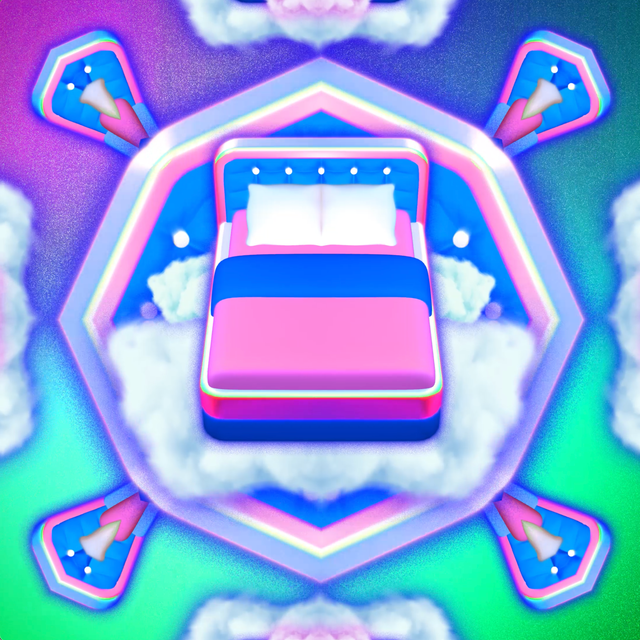A.I.-assisted beds, on-call hypnotherapists and sequestered guest rooms, including one inside a stainless steel sculpture, are taking sleep tourism to the next level.
To sleep, perchance to dream. Or if not dream, at least to feel vaguely rested the next day, especially on vacation. Is that too much to ask?
For many people, yes. The United States is tired, according to the National Sleep Foundation, the Centers for Disease Control and Prevention and the National Institutes of Health, and there is a link between poor sleep and depression, the N.S.F.’s 2023 Sleep in America poll found.
In the hospitality world, that’s a business opportunity. Hilton’s 2024 trends report revealed that the main reason people currently travel is to rest and recharge.
“Hotels locked in a death match with Airbnb have begun to explore ways in which to compete by offering services and amenities around the primary purpose of a hotel stay: a restful night’s sleep,” said Chekitan Dev, a distinguished professor at the Cornell University Nolan School of Hotel Administration.
“The earlier paradigm of a vacation was that sleeping was the most boring thing you could do while on holiday,” said Kaushik Vardharajan, an associate professor at the Boston University School of Hospitality Administration. “It is only during the last 10 years or so that we have as a society started talking about the importance of sleep from a health and wellness perspective.” Now, he said, a good night’s rest isn’t just a selling point for hotels; it’s a “whole fast-growing industry.”
From A.I.-assisted beds to on-call hypnotherapists, today’s sleep tourism is, essentially, an old dog with new tricks. “This is around the seventh or eighth time this has come up as kind of a topic” since the mid-1980s, said Bjorn Hanson, an adjunct professor at the New York University Jonathan M. Tisch Center of Hospitality. Even before that, luxury hotels introduced perks for better sleep, like pillow menus in the 1960s. Other amenities (blackout curtains, white noise machines) followed.
